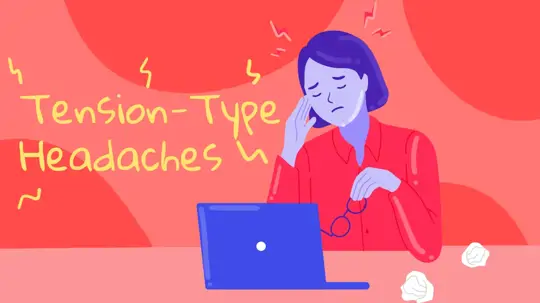
Start feeling better today!
Connect with your therapist today and take control of your life like our 850.000 happy clients.
Get StartedProcrastination
Procrastination occurs when work that must be completed at a specific time is postponed for no apparent reason. These tasks are frequently overlooked and completed at the last minute. However, for a variety of reasons, some people put off important tasks and never finish them. This situation causes a number of problems. Procrastination is also regarded as a negative behavior because doing things at the last minute frequently has a negative impact on life and the individual. Prioritizing a lower priority task over a higher priority task is another definition of procrastination. Procrastination rises after the age of 20 and then declines. Procrastination behavior does not have a single structure. Procrastination is made up of three components: behavioral, cognitive, and emotional.
The Behavioral Component is concerned with the beginning, continuation, and completion of tasks. In the behavioral part, there is the issue of avoiding necessary work in order to do work that is more pleasurable. A behavioral component is the avoidance of studying and watching TV shows instead.
The Cognitive Component is the deliberate decision to postpone despite knowing the dangers and negative consequences of procrastination. This component inquires as to why a person chooses procrastination even though they are aware that it will have a negative impact on their life.
The Emotional Component focuses on how a person's procrastination affects how they feel and is linked to anxiety and worry. This component is related to the fact that procrastination is caused by a variety of emotional factors.
Procrastination Types
The various types of postponement are classified into four categories. Academic procrastination is the most well-known type of procrastination. Academic procrastination occurs when students postpone or leave their academic work and duties until the last minute. Academic procrastination leads to issues such as dropping out, failing classes, having a low grade point average, and being expelled from school. Procrastination in routine tasks, on the other hand, means having difficulty scheduling daily tasks, and avoiding daily routines. Delaying decision-making is the second most common type of procrastination. Procrastination is the delay of decision-making in conflicting situations or when faced with multiple options. The final type of procrastination is compulsive procrastination. This type of person puts off both decision-making and necessary tasks.
Why Do We Procrastinate?
- Short-term enjoyment
- Disliking the task
- Laziness
- Exam anxiety
- Low self-esteem
- Lack of self-regulation
- Learned helplessness
- Perfectionism
- Fear of failure
- Poor time management
- Reluctance
How Do We Deal With Procrastination?
- Perfectionism and intolerance are two issues that must be addressed.
- There are issues that need to be addressed, such as disliking the task, not feeling responsible, being concerned about being judged, and lacking self-confidence.
- Time management should be improved. Setting short goals and spreading them out over realistic time frames can help with this.
- It is critical to ensure that the goals set are attainable.
- It is necessary to address the issue of feeling inadequate and unsuccessful.
To deal with procrastination, one must first understand themselves. It is necessary to consider characteristics such as feeling unsuccessful and being a perfectionist, and to make changes in thought and behavior. When time management and goal-setting techniques fail, going to therapy can help to speed up and ease the process.
Sources
- Long, B., Demir, A. (2015). Procrastination: Types, Components, Demographic Factors and Cultural Differences, Ege Eğitim Dergisi, 16(1):106-121.





